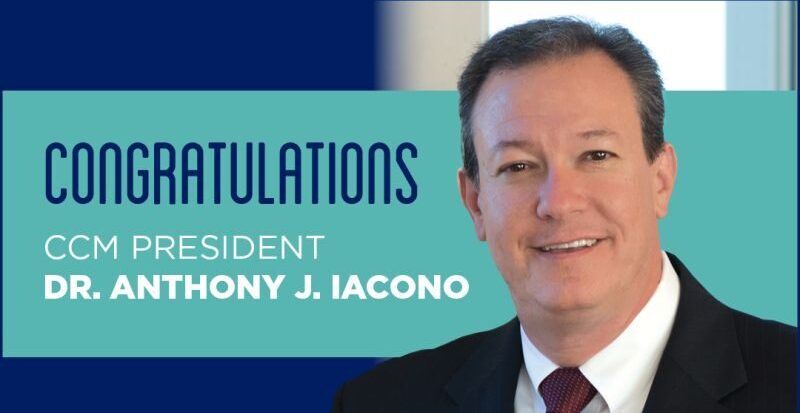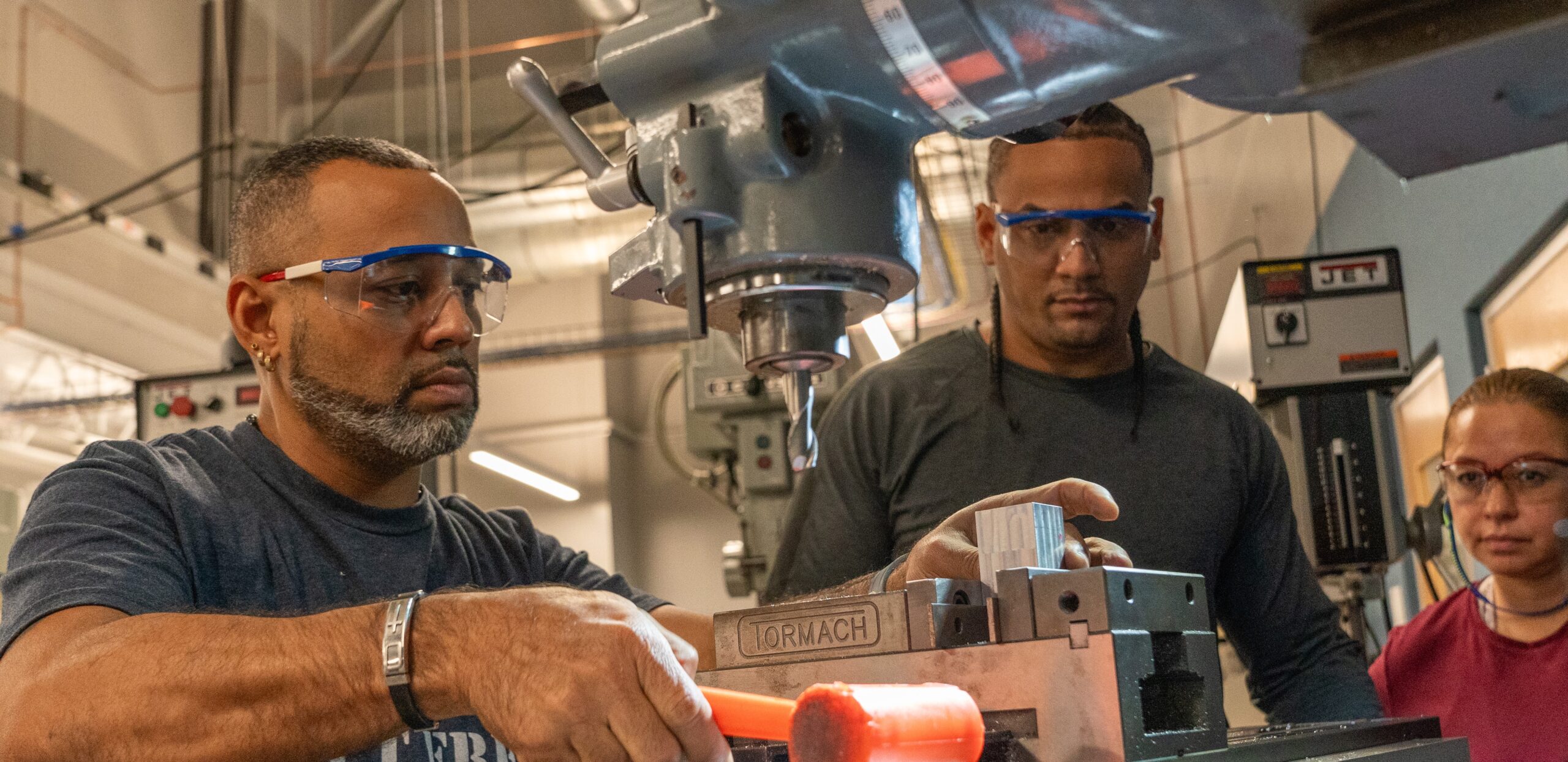What You Will Learn
If you want to be well prepared for a career in engineering but unsure whether to pursue a path in civil, biomedical, chemical, electrical, environmental or mechanical, look no further than pursuing the Associate of Science in Engineering Science program at CCM.
- Broad Skill Set: general education courses in English, geometry, calculus, chemistry, physics, economics, social sciences and more combined with a core engineering component allowing you to develop a versatile skill set applicable to various engineering disciplines.
- Problem-Solving Capabilities: Engineering, at its core, is about solving complex problems. The CCM program hones your critical thinking, analytical and problem-solving skills, which are transferable across all engineering disciplines.
- Flexibility and Adaptability: The world of engineering is constantly evolving. With a degree in engineering science, you’ll be better equipped to adapt to changing technologies and trends, making you a valuable asset in any engineering field.
- Teamwork: Many real-world engineering projects involve collaboration between different disciplines. Having an engineering science degree can help you contribute effectively to multidisciplinary teams, enhancing your career prospects.
Curriculum
The CCM engineering science program features a 29-credit core encompassing Calculus, Ordinary Differential Equations, Engineering Graphics, Engineering Mechanics and Engineering Physics with classroom instruction and lab experimentation. You gain exposure to the basics of each field that can help you make a well-informed decision about the engineering discipline that aligns best with your interests and strengths.
Careers in the Field
An associate degree in engineering science opens doors to a wide range of job opportunities as employers often value the strong foundation and adaptability you can bring to their teams. The average base salary for graduates with an associate degree in engineering science is $54,000, according to Payscale.
Transfer Agreements
Keep in mind the CCM program has a transfer agreement with New Jersey Institute of Technology (NJIT) for you to seamlessly transition to earning a bachelor’s degree.
Students in the program have also transferred to Rochester Institute of Technology (RIT), Rutgers University and The College of New Jersey (TCNJ), amongst other institutions, leading to these exciting career pathways:
- Associate Research Scientist
- Civil Engineer
- Environmental Scientist
- Hydrologist
- Mechanical Engineer
- Operations Supervisor
- Quality Assurance (QA) Engineer
- Software Engineer
The department and Transfer Services is here to help you with this seamless process.
Why Study Engineering Science at CCM?
- Faculty have years of experience and are knowledgeable in their subject areas
- Small classroom and laboratory environment
- Engineering core courses with a lecture and laboratory component
- Laboratories housed state-of-the-art technology and equipment
- A plethora of networking opportunities with CCM’s hub of diverse talent, including students and professors from various engineering backgrounds
Paying For Your Engineering Science Education
Earning an associate degree in engineering science is a powerful investment that is a springboard to both increased earnings and job satisfaction. But what is the upfront cost and how do you afford it?
There’s good news: Money is available to help you pay for school! Our Financial Aid staff can provide lots of information about the process of finding funds to help pay for your CCM education.
In addition, Glenbrook Technologies, NDIA John Amerspek, NDIA Rodney Frelinghuysen and NDIA Dean Gallo offer scholarships. Please contact the Department of Engineering Technology and Engineering Science for more information.
Featured Courses
Engineering Mechanics I & II
Learn how to solve real-world engineering problems. The first course is a vector approach to statics in a plane and 3D, the equilibrium of particles and rigid bodies. The latter, a calculus-based course in dynamics, kinematics and kinetics of particles and rigid bodies, covers Newton’s laws, work energy, impulse and momentum.
Engineering Graphics
An introduction to computer aided design software and hardware, including geometric constructions, multi-view orthographic projection, dimensioning, sectioning, auxiliary view and axonometric projection and principles of descriptive geometry.
Engineering Physics I & II
Two courses in a calculus-based physics sequence. Topics include particle kinematics in one and in two dimensions, work and energy, impulse and momentum, rotational motion, kinematics and dynamics of rigid bodies and elements of thermodynamics, as well as simple harmonic motion, waves, electromagnetic theory and applications, and Maxwell’s equations in integral form.
Your Engineering Science Faculty Advisor
John Klages Professor
Email: jklages@ccm.edu
Office: Sheffield Hall, SH 307
Office hours: M/W 2:20 PM-3:20 PM T 9:50 AM-10:50 AM
Phone: 973-328-5720
Specialization: Physics
Department: Engineering Technologies/Engineering Science
Thomas Roskop Department Chairperson / Associate Professor
Email: troskop@ccm.edu
Office: Advanced Manufacturing & Engineering AME104
Office hours: T/TH 10:30-12:00
Phone: 973-328-5766
Department: Engineering Technologies/Engineering Science




